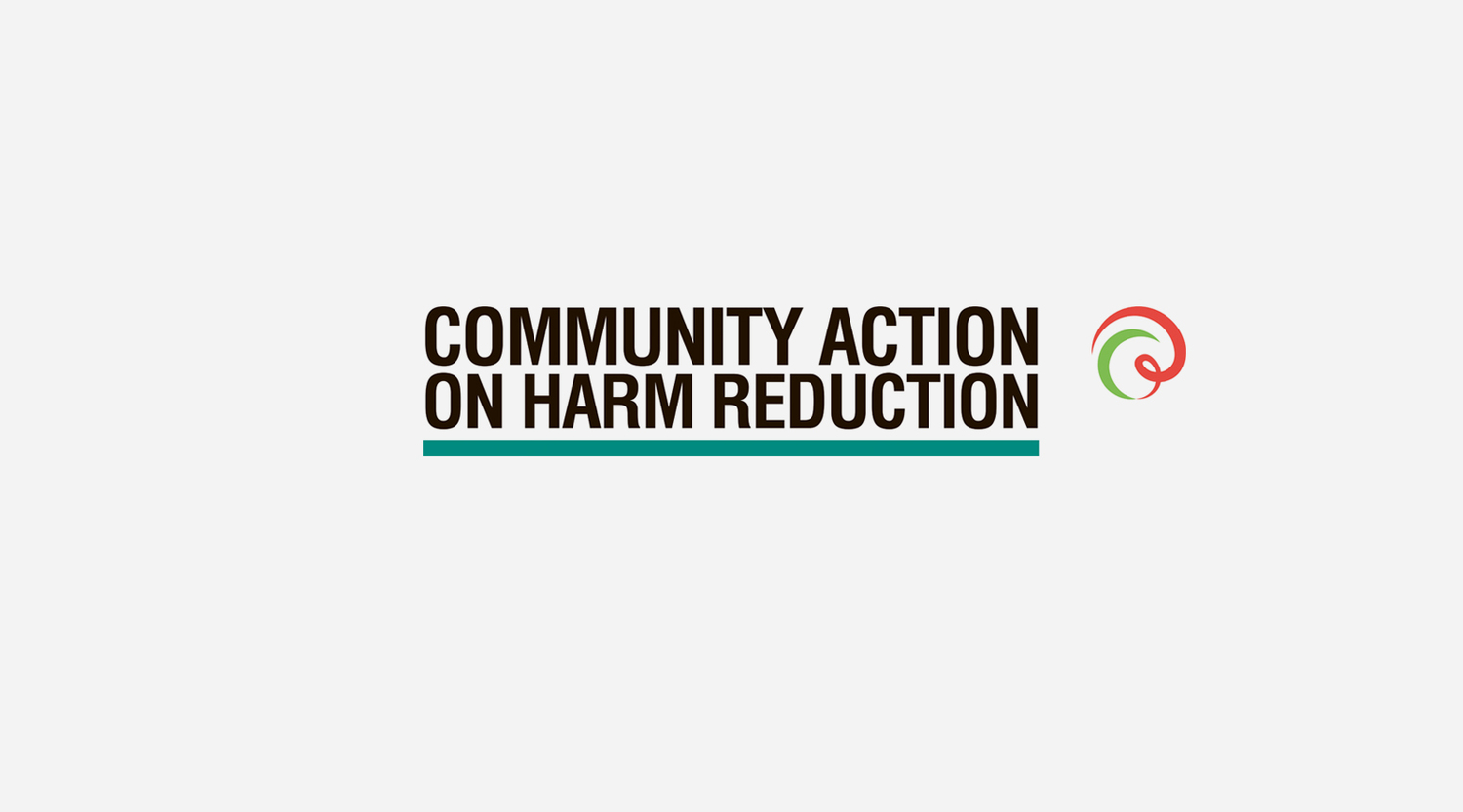Community Action on Harm Reduction

Community Action on Harm Reduction
Community Action on Harm Reduction (CAHR) is a five-year project implemented in India, Indonesia, Kenya, China and Malaysia with support of the Netherlands government.
Project objectives:
- Scale up access to HIV prevention, treatment and care and reduce harm for people who inject drugs, their partners and children.
- Build the capacity of civil society and government stakeholders to deliver harm reduction and health services to people who inject drugs, their partners and children.
- Protect the human rights of people who use drugs, their partners and children.
- Raise awareness and share knowledge about the role of civil society in harm reduction programs.
Key achievements in 2014:
- Coverage: 264,000 clients in five countries.
- Direct coverage: 77,000 PWID in 60 service delivery sites.
Safer injecting practices substantially improved in Kenya through CAHR: 88% of PWID reported using a clean syringe in the last injection in 2014 compared to just 52% in 2011.
In 2014, 91% of PWID in India used clean needles in the last injection compared to 78.7% in 2011.
In China 71.1% of respondents on methadone maintenance treatment supported by CAHR had their dose increased; 60% reported fewer side effects as a result.
Indonesia expanded to hard-to-reach PWID populations not earlier covered with prevention services: for 45%, CAHR was their first contact to services.
In Malaysia injecting practices, damaging veins decreased from 89.3% to 42.5%. Sharing of water, which was eight times more prevalent than sharing needles, was addressed with a clean water intervention.
CAHR launched an initiative to deliver harm reduction programming for the larger Eastern Africa region. The CAHR team supported development of a successful expression of interest and concept note to the GFATM and assisted toward gaining governmental funding allocations for harm reduction in China, India and Malaysia.
Building on its successful performance, the project expanded to Myanmar (new CAHR country from 2015).
